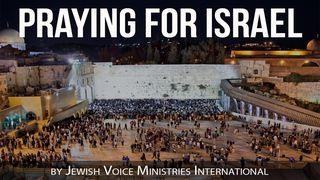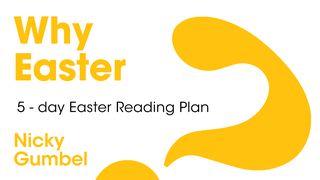30 Days in the PsalmsSýnishorn

Day #24: Psalm 106
Book IV of the psalter ends with Psalm 106, a long prayer of confession. It isn’t attributed to any particular poet nor linked to any particular historical moment (although it seems to be set near the end of Israel’s exile in Babylon). Before moving us toward the great crescendo of hallelujahs at the end of Book V, there is a hard stop, a pregnant pause, a time of preparation that requires honest confession and sincere repentance.
This prayer has an interesting structure, with the central confession (vv. 6–46) set inside a double frame. The confession of sin is collective—the whole people of God speak to God, including themselves (the current generation) within the long history of God’s people across many generations. “Like our ancestors, we have sinned,” they cry out. “We have done wrong! We have acted wickedly!” (NLT). They rehearse Israel’s history of unfaithfulness and rebellion, with tacit acknowledgement that they are (or have been) guilty of the same offenses.
This honest confession is framed inside two petitions. The first (vv. 4–5) is expressed as a personal request to see and experience God’s deliverance of his people. Fully convinced that God will show faithfulness to the current generation just as he did to past generations, the psalmist cries out: “Let me share in the prosperity of your chosen one, rejoice in the joy of your people, and praise you with those who are your heritage!” Then, after the confession and repentance, the whole people respond together with a bold and confident petition (v. 47): “Save us, O Lord our God! Gather us back from among the nations, so we can thank your holy name and rejoice and praise you.”
Both confession and petitions are found inside an outer frame of praise. The anchor for the actions of faith in the psalm—confession, repentance, and prayer—is rooted in the character of God. Because of who he is, his people can confess sin with honesty and without fear, can come in repentance and be restored, and can ask God to act in accordance with his own revealed nature. “Praise the Lord,” the psalm begins. “Give thanks to him because he is good and faithful and loving and powerful and just!” (vv. 1–3). “Praise the Lord,” the psalm ends, “because he is eternal and eternally the same!” (v. 48).
Today is a good day for honest confession of sin to the Lord, who will meet your repentance with enduring, steadfast love!
Ritningin
About this Plan

Most of Scripture is God’s Word to human beings, but the Book of Psalms records human speech to God. These prayers and songs demonstrate the determination of people of faith to remain connected to God, regardless of their circumstances. Confession, lament, pleading, thanksgiving, praise—all the elements of our communication with God are present. The 150 Psalms in the collection are divided into 5 “books.” During these 30 days, we’ll pray through 6 psalms from each book. Some will be very familiar, others perhaps less so; all will direct our gaze to the God who loves us.
More








